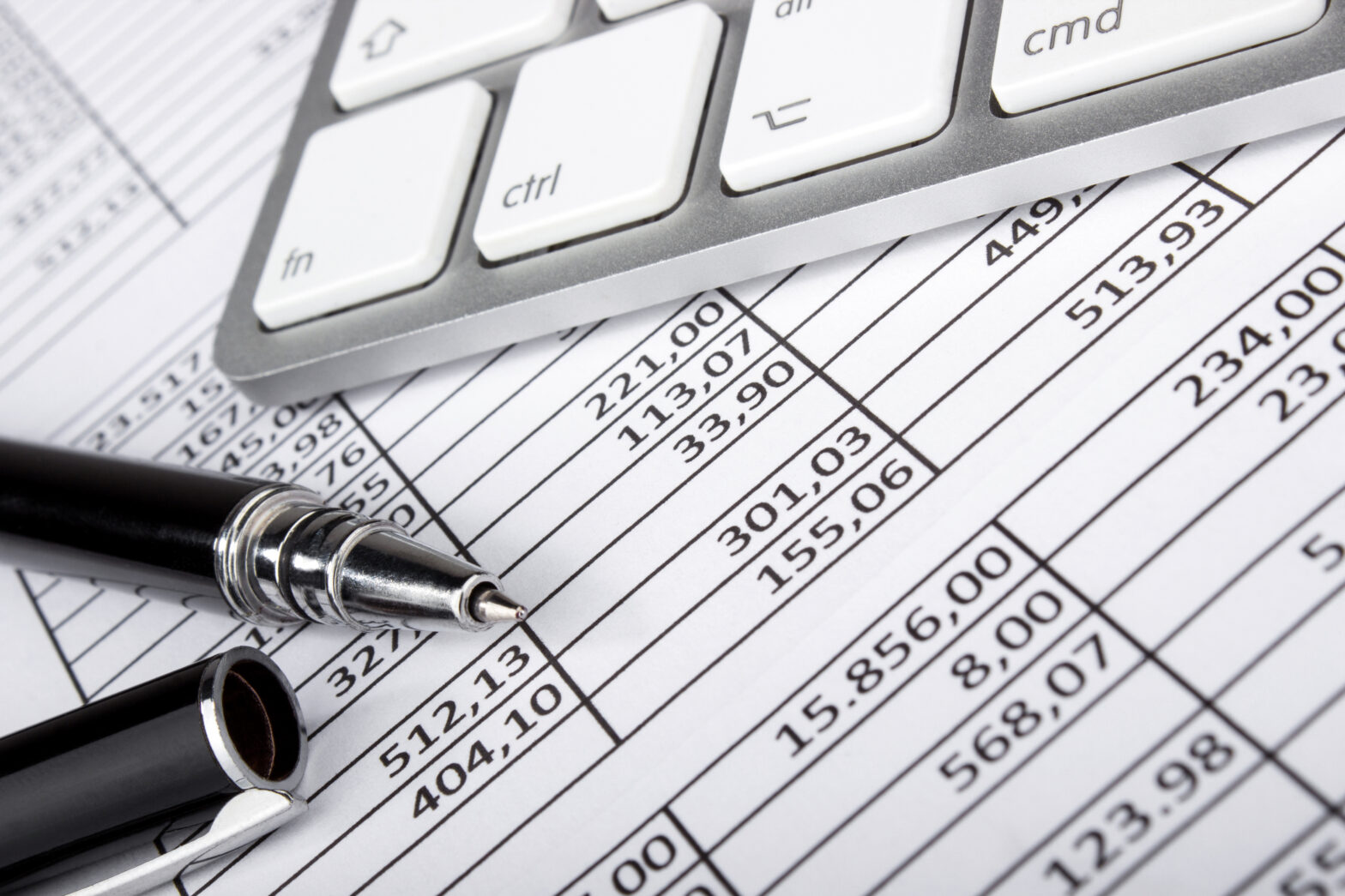The rise of the gig economy has led to some confusion regarding how to define employment vs. self-employment vs freelancing, and this has a bearing on the bookkeeping tips small business owners should follow. The lines between these traditional forms of work have blurred in some instances, as some companies may employ you on a self-employed basis, which does not give you the same benefits as a traditionally employed person.
The main notable difference will be that the company expects you to pay your own tax and national insurance, but may exercise similar control over your hours and movements as though you were a normal employee.
If you’re part of the gig economy, knowing how to tell if you’re employed or self-employed is the first step towards understanding which bookkeeping tips you need and what tasks you need to complete.
Self-employed or employed?
Unfortunately, there is no definitive legal definition regarding differences between employment or being self-employed. There are, however, telltale indicators.
You are likely employed if:
- You receive a regular pay packet that already has tax and national insurance deducted
- You work regular hours, for one business at a time (although this is not always the case if you have more than one part time job)
- You have a contract of employment (although this is not always true either)
- You receive holiday and sick pay according to statutory rules.
You are likely self-employed if:
- You have the right to have someone else (with the required skills) do the work you have agreed to perform
- You work for several customers at any one time
- You can choose which hours you work, and from where
- You take full responsibility for the work you do
- You provide your own tools or equipment
- You issue invoices to request payment, rather than receiving a paycheque automatically
- You are not a permanent part of anyone else’s business.
These lists are not exhaustive, since there may be some overlap between what an employer expects or allows, and what you agree to as a self-employed person. Flexible working hours, telecommuting, working on site or job-share have all contributed to the confusion.
Another major difference between the two states of employment is that as a self-employed person, you are solely responsible for your business accounts and tax payments. Bookkeeping becomes part of everyday working life, or at least it should for the business to remain legal and profitable.
Keep good financial records
Decide from the beginning which records you need to keep and how you will keep them. Maybe you just need to account for mileage or travel expenses, or maybe, if you’re self-employed, you need a full bookkeeping system:
- You could manually enter figures into a physical ledger
- You could use an online, cloud-based accounting company
- You could devise a spreadsheet.
Consistency and daily updating is key to keeping the figures straight.
Organise receipts and invoices
Get receipts for everything, even very small amounts such as bus fares. You can take photos or scans of these as HMRC will accept digital copies in place of the paper original. Just make sure you store the files in a location you’ll remember.
You can do the same with invoices. Cloud-based accounting systems store everything for you, but it’s wise to also download and save your own copies.
Create backups of everything stored digitally so you guard against crashes, hacks or other terminal disasters that will destroy your records.
Keep all your receipts organised by type so it’s easy for your bookkeeper to locate the information he or she needs.
Bookkeeping tips: Anticipate your tax bill
In the gig economy, you’ll be paying your own taxes. Many people don’t realise that if your tax bill comes to over £1,000 you’ll also have to make a payment on account for the following year. This falls due at the end of July. It’s possible to have the payment adjusted if profits fall from the previous year.
Allow 25 per cent of all income, and tuck this away into a savings account specifically earmarked for tax payments.
Keep business and personal finances separate
Just as the lines between employment and self-employment can blur, so too can personal and business expenses. Opening a separate business bank account is the recommended action. You’ll have to sort both types of records from each other anyway for your tax return, so better to do it systematically throughout the year.
Educate for awareness
Learn the difference between employment and self-employment so you know where you stand. Then, if necessary, take a short course in bookkeeping so you know which records to keep.
From an informed perspective you’re better able to decide which professional help you need, whether it’s a bookkeeper to help with the upkeep of daily records, or an accountant at the end of the financial year to help put together your tax return and claim all your allowances and deductibles.





